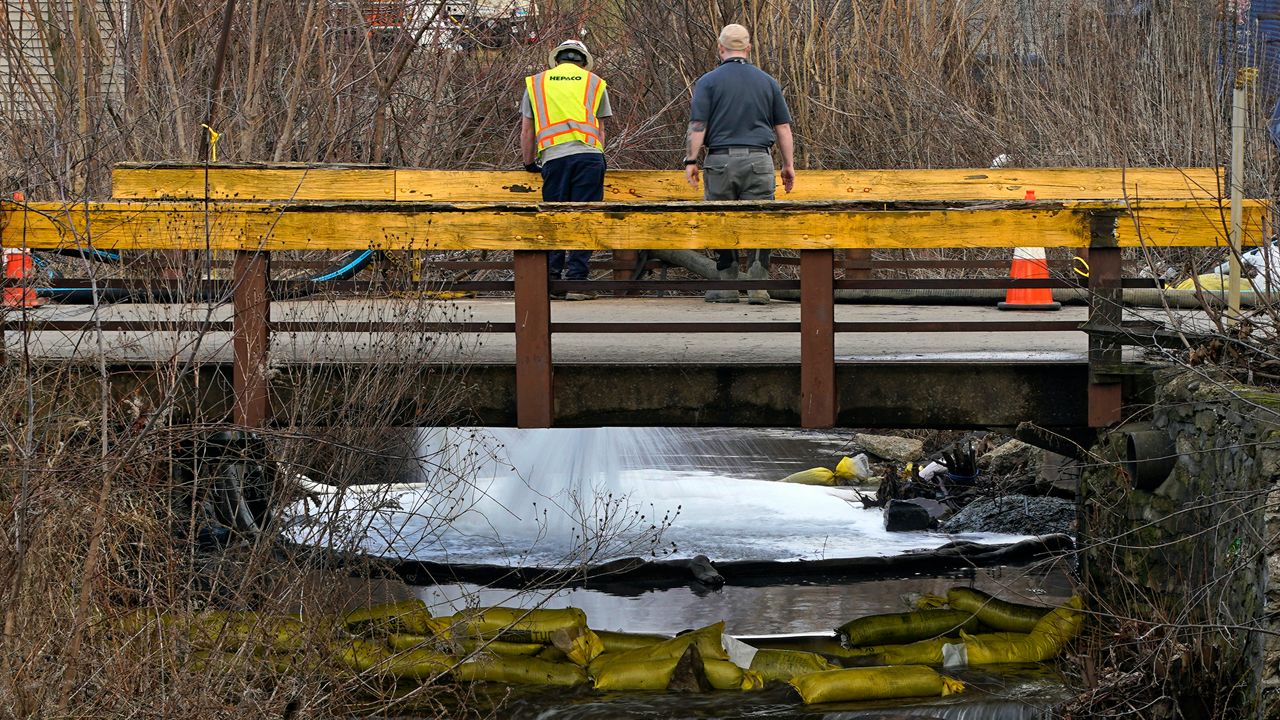EAST PALESTINE, Ohio (AP) — Contaminated waste from the site of a fiery train derailment in Ohio began moving out again Monday, after concerns were raised during the weekend about oversight of where it was being shipped, federal officials said.
The Environmental Protection Agency also announced that two new hazardous waste sites will receive some of the shipments — an incinerator in Grafton, Ohio, and a landfill in Roachdale, Indiana.
The EPA now is getting close to having enough certified facilities to take all of the waste from the site of the Feb. 3 derailment in East Palestine, said Debra Shore, a regional administrator with the agency.
Officials on Saturday had ordered Norfolk Southern to “pause” shipments to allow additional oversight measures. Some liquid and solid waste had already been taken to sites in Michigan and Texas.
About 1.8 million gallons of liquid waste have been collected from the derailment site, according to the Ohio EPA.
Some of the remaining liquid waste is going to a facility in Vickery, Ohio, for disposal in an underground injection well. Norfolk Southern is also shipping solid waste to an incinerator in East Liverpool, Ohio.
No one was injured when 38 rail cars derailed more than three weeks ago. After fears grew about a potential explosion, officials opted to release and burn toxic vinyl chloride from five tanker cars, sending black smoke billowing into the sky.
Federal and state officials have repeatedly said air testing in the village and inside hundreds of homes hasn’t detected any concerning levels of contaminants. The state also has said the local municipal drinking water system is safe. Despite assurances, many residents are worried about what they were exposed to and how it will impact the area.



